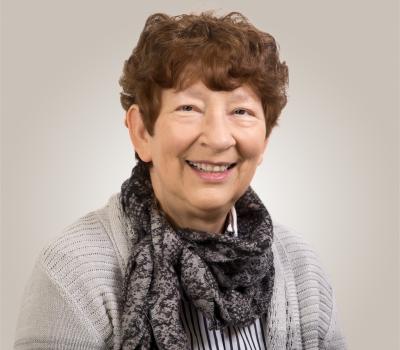Ask Margaret Burnett what is inspiring about computer science, and she does not hesitate.
“The joy of creation,” she says. “With computer science, you can create any computer behavior you can imagine.”
When Burnett started her career in 1971, there were few female computer scientists. Indeed, she was the first woman hired into management at a 13,000 employee complex of Procter & Gamble.
For women braving the gender imbalance, she points out that there are also rewards: “Women in computer science tend to get noticed, and this can lead to opportunities.” In her first year on that job, she received a rare invitation to meet the president of Procter & Gamble.
Mentoring undergraduate and graduate students has been a focus for Burnett since her first year as a professor when she invited a promising undergraduate to work in her lab. “The project turned out really well! And that enabled me to see that undergraduates can be valuable members of your team,” she says.
Her efforts have not gone unnoticed — she was selected to be a “Distinguished Professor,” the highest honor for faculty, has earned exclusive “Fellow” status in the Association for Computing Machinery, and is a member of the ACM CHI Academy. In addition, she received the university’s highest teaching award, the Elizabeth P. Ritchie Distinguished Professor Award, and was presented with the Excellence in Graduate Mentoring Award. She is also helping others get started and developed a “kit” for faculty who would like to sponsor undergraduate research, as a volunteer effort for the National Center for Women and Information Technology.
Burnett notes with pride that over half of her former undergraduate research students have gone on to graduate study in computer science. “And a few of them have become famous,” she says with a smile.
Typically, about half of her students are from underrepresented groups — mostly women. One of her research areas, she says, “attracts a lot of enthusiasm among women.” She examines gender differences in human-computer interactions. Her nationally recognized work in this area with students and other collaborators has shown that gender differences do exist, and extend across programming populations — from people who are working with Excel formulas to professional programmers.
Burnett is also a pioneer in end-user software engineering, which aims to improve software for computer users that are not trained in programming. She established the EUSES Consortium, a multi-university collaboration which through her leadership has garnered international recognition.
One of her collaborators from Carnegie Mellon University states, “I believe that the EUSES success is directly attributable to Margaret Burnett’s enthusiasm, diplomacy, vision, and ability to steer the efforts of many independent researchers in different disciplines to a shared objective.”

